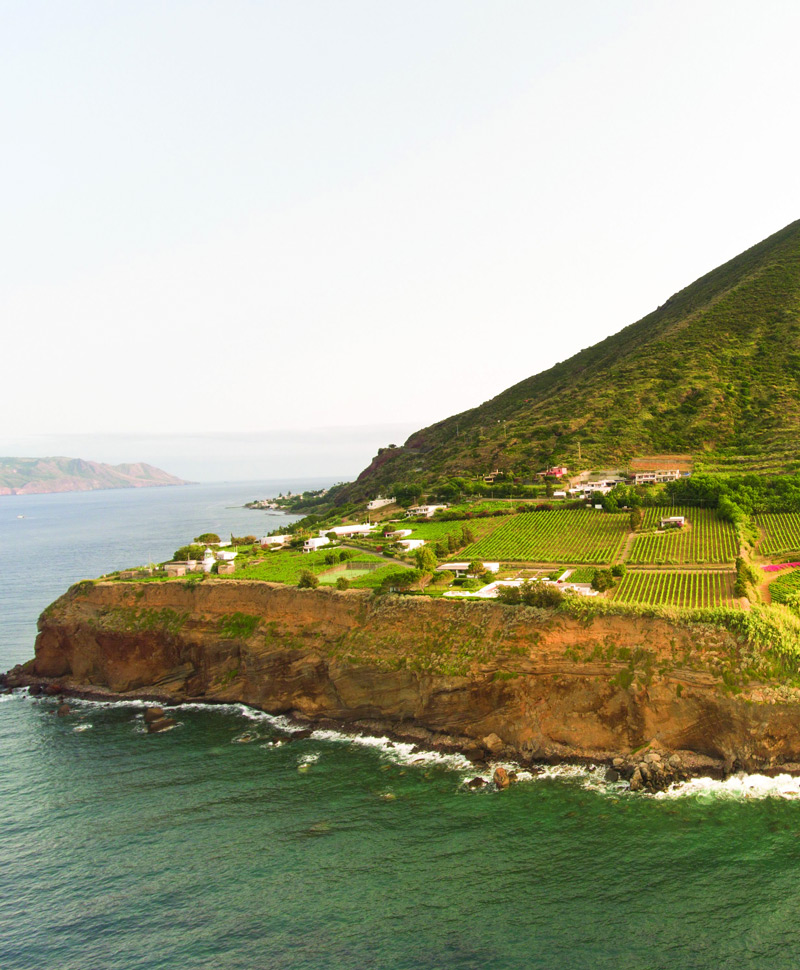Limitless possibilities in spectacular destinations, Balance Holidays' exceptionally curated wellbeing travel experiences bring individuals on multi-sensory journeys that enrich and awaken the heart, body and mind..


When the novel Coronavirus overturned our lifestyles, prompted full-scale lockdown in some countries and month-long bans on non-essential travel, we witnessed the result of our inactivity on planet Earth for the first time. Now, travel restrictions are beginning to ease. With the introduction of travel corridors between England and over 50 different countries and territories, and as a company centred on environmentally and socially responsible values, we explore the future of luxury, conscious travel post Covid-19.
Demand for educational and life-enhancing experiences with a renewed appreciation for nature
Hygiene, privacy and personal safety will no doubt continue to be a top priority surrounding travel. However, after months of dreaming and intensely focusing on who we are, what we enjoy and reviewing the values that are important to us. We believe a newfound appreciation for nature will become the resulting by-product of lockdown. This shift in attitude and behaviour will subsequently feed into a burgeoning demand for educational, life-enhancing experiences immersed in nature, grateful for the air we breathe, food we eat and those in our lives.
Above all, as travellers lean away from the traditional travel mind-set, a constant compulsion to update social media and do circuits of trendy locations. Family, health and wellbeing to uphold positive and mindful living will be the key considerations for the travel-hungry in choosing their next travel experiences. Additionally, discovering a new slice of a destination, deepening self-connection and self-improvement through regulatory breath-work, healthy cooking workshops to boost immunity and mental health resilience will frame a new, sustainable approach to luxury travel.
Switch off and travel slowly
Travel was once considered a luxury. With the rise of budget airlines and disposable income, travelling, particularly flight travel has numbed the thrill that entails from sitting behind a glass pane, drifting on a bed of clouds towards our destination. Instead, flight travel has settled into our lives as a granted commodity today.
From picking your way through a dense Alpine forest in Switzerland, to soaking up the sunshine in gentle rhythmic breathing besides a Sicilian countryside garden. When did you last take things slow with your travel? Slow can be romantic but it is also a mind-set applicable to travel and is now seen by many as a remedy to the plight of over-tourism. Often referred to as ‘slow travel’, this initiative was founded by Slow Food, encouraging individuals to return to the roots of why we travel. With a particular emphasis on connecting with people, places, food and the environment, the concept, put simply, is swapping bucket list tourist traps for life-enriching, nature-based experiences held in lesser-traversed pockets of the world. Where engaging with local cultures, communities and wholesome field-to-fork meals form the essence of the programme design, slow travel not only sustains our natural state of being. It will also preserve the welfare of the environment too in a considered and responsible approach.
Workforce inclusivity and diversity
We are all connected, regardless of gender, race or religion. Beyond the parameters of environmental sustainability, social sustainability through inclusivity and diversity is equally as important. In the dimensions of travel, sustainable travel is as much about humanity and embracing diversity amongst individuals as it is the welfare of Mother Nature. By discovering differences and appreciating shared similarities, we are drawing down the walls to unite and become a driving force for a future of betterment, together.
For travel companies, it should be made clear that escaping to a new destination is a change by geographic location, a pace and new way of life. However, at the core, we are still in touch with humanity and each member of the local community. Beauty is fluid and unprejudiced. If we let go of judgment and personal opinions, we can relish in an authentic experience and uncover forgotten joys through sustainable travel.
Acceleration of working remotely
For a long time, companies shunned working-from-home on the belief it is an unproductive style of working. Due to the Coronavirus, this idea is now being challenged, with a number of studies presenting evidence to show that it can lead to boosts in workforce productivity. So how will this influence the future of sustainable travel?
A study conducted by the Nature Climate Change in 2018 found that global tourism accounted for 8% of the world’s carbon emission total. In a separate study by American Express Global Business Travel, it found that aviation and business travel contributed to the largest share. This alarming statistic indicates the detrimental effects of business travel on the environment. Which has also been stirring concern amongst over a-third of UK workers, who want to reduce non-essential travel to the minimum and ask company owners to reconsider business travel in a post Covid-19 world. If businesses agree to allow employees to work remotely and reduce unnecessary travel, not only will they be answering to their environmental moral obligations. It will further underscore the social aspect of sustainability, which is inclusivity into their business ethics as they lift away the barriers of entry for new talent, basing it on potential rather than economic background and geographic location.
Sign up to our newsletter for exclusive retreat launches, priority access to events and curated wellbeing content